The Happy Accident
There is a great theatrical history of mishaps and missteps, from Molière literally dying onstage in The Imaginary Invalid to Spiderman falling into the orchestra pit without his web in Spider-Man: Turn Off the Dark. Of course, there is also the proper enduring legacy of theatre itself—the magic of it. The performances remembered for just how mesmerizingly perfect they were. Not a hair out of place, not a line missed, and a standing ovation that was truly deserved. But was everything really as perfect as we thought? Perhaps the brilliance of such a performance belongs to the actor’s appropriate handling of a happy accident. Maybe the audience missed something…
How could anyone ever really get hurt playing make-believe?
I first came across the notion of a “happy accident” in theatre school. My Movement teacher, a fireball of a woman, divulged that mishaps in rehearsal could sometimes lead to magic in performance. We were psyched: bring on the accidents! But she also warned us that we were not to rely on them; that could be very dangerous. And with that, we started our contact improv unit. We were so naïve. How could anyone ever really get hurt playing make-believe?
My first professional gig was doing Romeo and Juliet and Macbeth in rep. At the tender age of twenty-three, I was cast as the Nurse and old Witch #3. It was also the first time I saw a real accident happen onstage and no, it wasn’t in the cursed Mackers, it was in Romeo and Juliet. One day, Mercutio died too early. There was no “plague on both your houses.” No “Zounds a dog, a rat, a mouse, or a cat.” But there was indeed “a scratch, a scratch.” And it was enough. The actor playing Mercutio had been stabbed in the ankle, through his boot, sock, and flesh. Just above the tendon.
Like me, Mercutio was young, and like all of us, “alas the day,” just so happy to be working. Looking back now, he recognizes that he should have perhaps spoken up. The lighting was overly dark and the knives used in the show were sharp. One wrong step and an accident could certainly happen. But no one wants to be a diva.
Once stabbed, gentle Mercutio did not say, “I am hurt,” but rather had the sense to say, “Stop the show.” As the stage manager brought the lights up, the rest of us scurried backstage to figure out exactly what had just happened. Feelings of betrayal and exploitation emerged, but mixed with a kind of excitement: wasn’t this going to make a great story?! Once stitched up, not only did Mercutio return to Romeo and Juliet, but he also signed on to the company’s next show—where he had to tap-dance.
The first time I bled onstage, I was playing a pregnant woman in the monologue show Talking With by Jane Martin. For the first two nights of our three-night run, my nose bled as “I” went into labour. I wailed as blood rained down my face and onto my pillowed stomach. Now, I had a long history of nosebleeds—I was that kid—so it was shocking, but not a total surprise.
Since it happened when the lights were dimming, not everyone in the audience was even aware of my blood bath, though I probably left them wondering when I came out for curtain call with my pillowed belly gone and lifeblood covering my hospital gown. My friend’s dad had seen the bleed and congratulated me afterwards on such a realistic performance, because everyone’s nose bleeds when they give birth, right? Luckily, by the third night, I calmed down my shtick and the blood held off.
But not for good. A few years later, I was cast in a production of Normand Chaurette’s The Queens, which tells the tale of six royal women inspired by characters from Shakespeare’s Richard III. I was excited to do it, even though my character was the only fictional character in the bunch, who happened to have no hands, and was mute for almost the entirety of the play. My character was on stage for the duration of the show: hello, stage time!
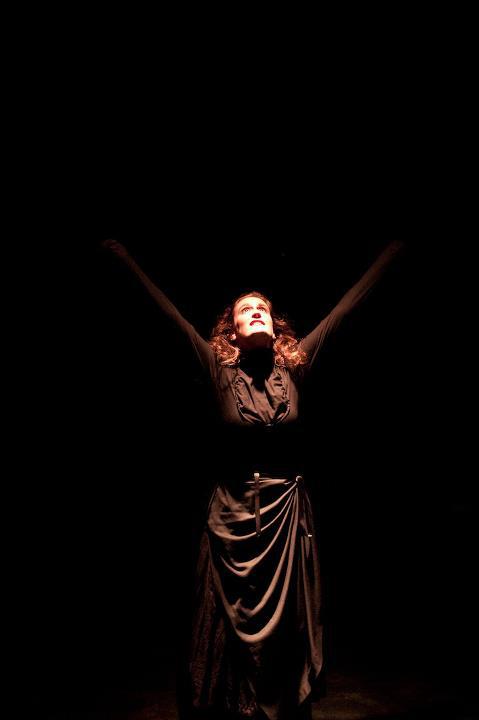
Unfortunately, my nosebleed came back to haunt me. Did I mention the show was done in the round? People on every side of me. I had no hands, only my sleeve-covered nubs to wipe the blood from my face. Because it was in the round, I actually spent a lot of time on the ground crawling at the feet of the other glorious queens. This meant that I left a trail of blood across the stage as I prayed for the reign of terror to end. If this maimed queen’s agony wasn’t clear on my face, I’m not sure there was any more acting I could do to better it.
My director remembers this performance as “epic.” She reminded me that the bleed happened just as my character rose to speak her fifteen-minute monologue. My entire character arc had been building to this moment of empowerment, and yet she couldn’t even control her own body (or at least I couldn’t). The bleed was rich with irony.
Eventually it did stop, but not before I had to slap my poor cast mate in the face with my nose-bloodied stump. Yep. My director thought it was “awesomely gross,” but my fellow actor couldn’t even remember the incident when I recently brought it up. I would hazard a guess that she’s blocked it out as one naturally does with any horrifying trauma.
By its very nature, an accident is the coming together of elements that happen unplanned or unexpected when one is in the process of doing something consciously planned or unconsciously executed. We never know if, when, or how it may happen. Therefore, the best we can do is to try to happily do the work to prepare for theatrical magic just as we attempt to prepare for happiness in our daily lives. “Courage, man; the hurt cannot be much.”

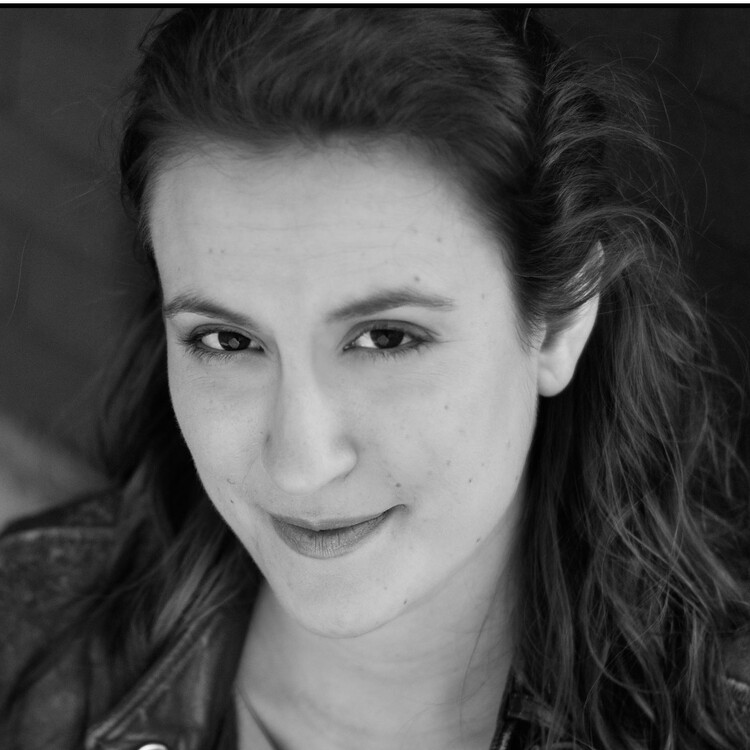
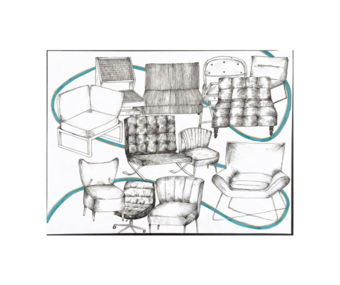


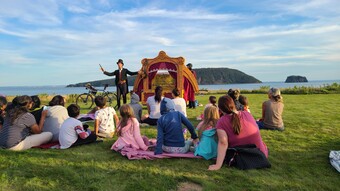


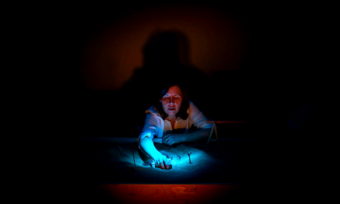

Comments
The article is just the start of the conversation—we want to know what you think about this subject, too! HowlRound is a space for knowledge-sharing, and we welcome spirited, thoughtful, and on-topic dialogue. Find our full comments policy here
Possibly!
Reading the title of the article I initially thought it would be focused on accidental acting choices or rehearsal mess ups instead of performance injuries. I do agree that mistakes can create something very interesting on stage. I am curious what your opinion is on what an actor should work through (like your nosebleed) and what should stop a show. Do you think there is a line for what improves and what hinders, or should the "show must go on" mentality creating dangerous situations for actors? I wish there were a way to contain accidents in a way to learn from them without the risk. Great read!
Thanks, Kate! A good question, indeed. A tricky one though! I think there may be a clear line for each individual show or company (maybe?), but the key is really in preparing as much as possible for the unknown --for whatever the universe may present us with in that moment. Rehearsals would be the ideal safe space for happy accidents to arrive through trial and error. And the place to foresee any unwanted upsets. That said, sometimes accidents are unavoidable. Personally the difference between a happy accident and a not-so-happy accident for me is (as I mentioned) in the handling of it. But what is that? Good judgement? Talent? A learned skill? Maybe all of the above. All I know is that some saves are definitely better than others!